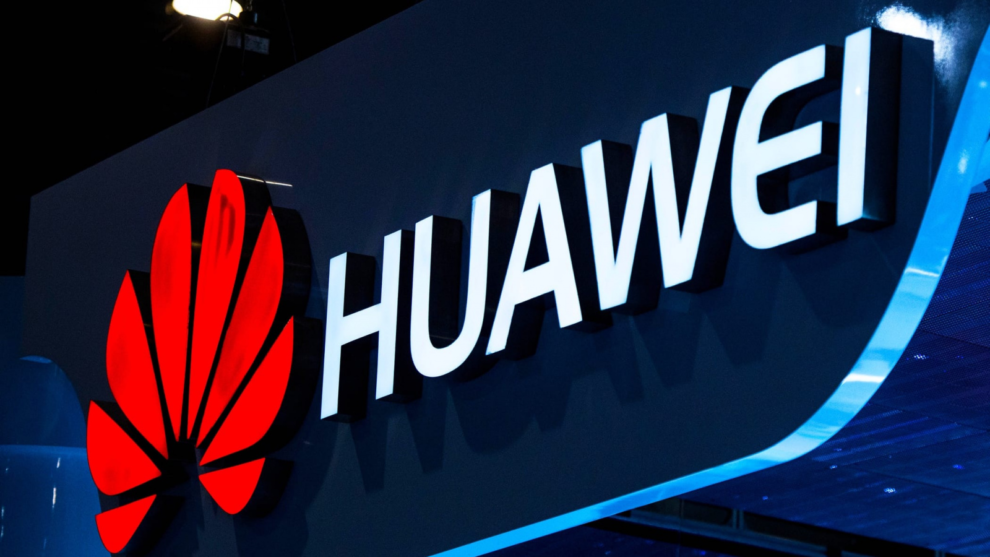Huawei’s ambition to become a leading player in the artificial intelligence (AI) arena has encountered a significant setback. Despite considerable investments and technological advancements, the company’s Ascend AI chips, designed to power a range of AI applications from cloud computing to autonomous vehicles, are reportedly plagued by bugs and performance issues. These challenges are hindering Huawei’s progress and raising questions about its ability to compete effectively against established giants like Nvidia and Google.
Unveiling the Issues
The problems with Huawei’s Ascend chips have surfaced through various channels, including reports from industry insiders, developers working with the chips, and even Huawei’s own acknowledgments. These issues encompass a wide range of areas, including:
- Software Bugs: Developers have encountered numerous software bugs that impact the stability and functionality of applications running on Ascend chips. These bugs can lead to crashes, unexpected behavior, and reduced performance, creating frustration and delays for those attempting to leverage Huawei’s AI hardware.
- Performance Bottlenecks: Despite Huawei’s claims of impressive performance capabilities, some developers have reported that Ascend chips fall short of expectations in real-world scenarios. Bottlenecks in memory bandwidth, data transfer rates, and other critical areas can limit the chips’ ability to handle complex AI workloads efficiently.
- Compatibility Challenges: Integrating Ascend chips into existing AI ecosystems can be a complex and challenging process. Compatibility issues with popular software frameworks, libraries, and tools can create additional hurdles for developers, potentially slowing down adoption and hindering Huawei’s progress.
The Impact on Huawei’s AI Ambitions
These bugs and performance issues are casting a shadow over Huawei’s aspirations in the AI landscape. The company faces several key challenges:
- Eroding Developer Confidence: The difficulties experienced by developers working with Ascend chips can lead to a loss of confidence in Huawei’s AI hardware. This could deter developers from choosing Huawei’s platform, impacting the company’s ability to build a thriving ecosystem around its AI technology.
- Delayed Product Launches: Bugs and performance problems can necessitate extensive debugging and optimization efforts, potentially delaying the launch of new products and services reliant on Ascend chips. This could allow competitors to gain an edge in the rapidly evolving AI market.
- Reputational Damage: The negative publicity surrounding the issues with Ascend chips could tarnish Huawei’s reputation as a technology innovator. Recovering from such setbacks can be challenging, especially in a competitive and fast-paced industry like AI.
Huawei’s Response
Huawei has acknowledged the existence of bugs and performance challenges with its Ascend chips. The company has stated that it is actively working to address these issues through software updates, optimizations, and ongoing collaboration with developers. Huawei also emphasizes its commitment to continuous improvement and its determination to overcome these obstacles.
However, the road to recovery may be long and arduous. Addressing complex software bugs and performance bottlenecks can be time-consuming, and regaining developer trust may require significant effort. Huawei will need to demonstrate tangible progress and provide compelling evidence that its Ascend chips are capable of delivering on their promises.
The Broader Context
Huawei’s struggles with its AI chips highlight the immense challenges faced by companies seeking to compete in the AI space. Developing cutting-edge AI hardware requires substantial investments in research and development, along with a deep understanding of complex software ecosystems. Moreover, the AI landscape is constantly evolving, with new breakthroughs and innovations emerging at a rapid pace.
Huawei’s experience serves as a cautionary tale for other aspiring AI players. It underscores the importance of rigorous testing, robust software development practices, and close collaboration with the developer community. In the fiercely competitive AI arena, even the most ambitious companies can stumble if they fail to address technical challenges and deliver on their promises.
The future of Huawei’s Ascend chips remains uncertain. The company’s ability to overcome the current bugs and performance issues will be crucial in determining its success in the AI market. Huawei must demonstrate its commitment to resolving these challenges and provide concrete evidence of progress to regain the confidence of developers and customers.
The AI race is far from over, and Huawei still has the potential to emerge as a significant player. However, the company must learn from its current setbacks and redouble its efforts to deliver high-quality, reliable AI hardware that can compete effectively against established rivals. The path forward will undoubtedly be challenging, but Huawei’s determination to succeed in the AI arena remains unwavering.
Huawei’s Ascend AI chips, once hailed as a potential game-changer, are currently facing significant hurdles due to bugs and performance issues. These challenges are hindering the company’s progress in the AI market and raising questions about its ability to compete effectively. Huawei’s response to these issues, its commitment to continuous improvement, and its ability to regain developer trust will be crucial in determining its future in the AI landscape. The road ahead may be fraught with obstacles, but Huawei’s determination to succeed in the AI race remains strong. The company’s journey serves as a reminder of the immense challenges and fierce competition in the AI arena, where even the most ambitious players can stumble.








